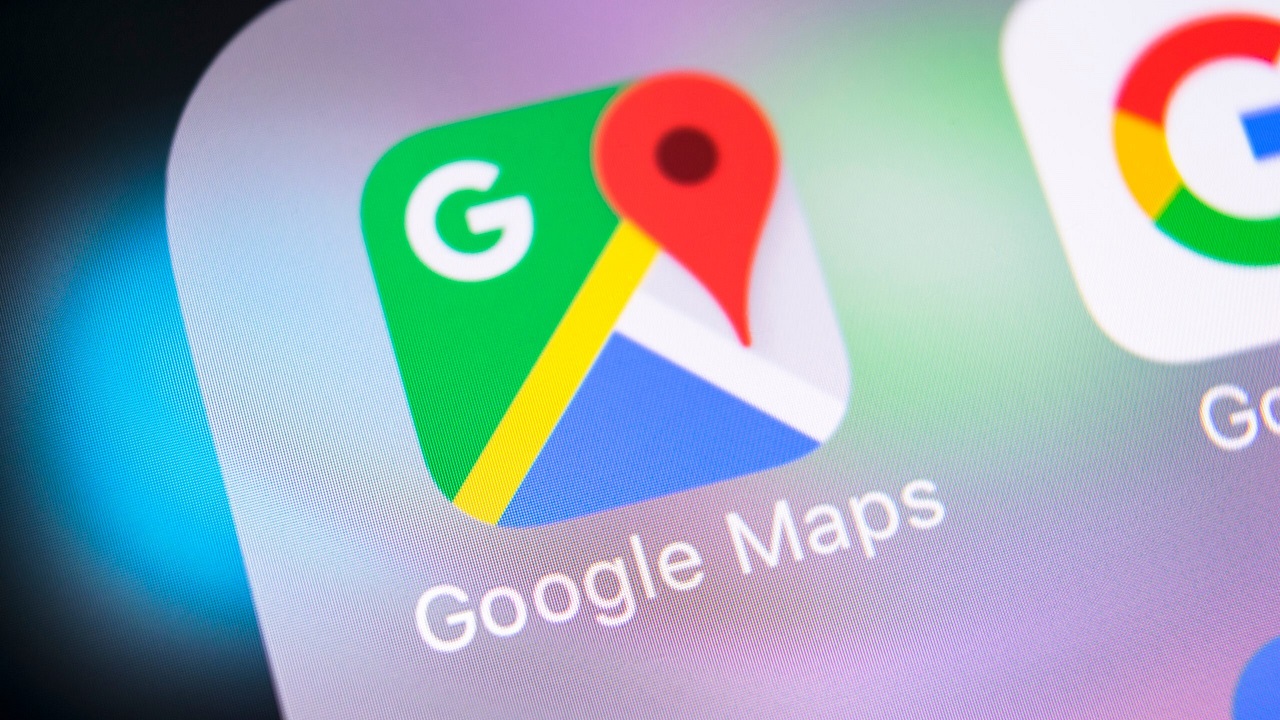
When you need to navigate somewhere, you'll likely turn to one of two apps – Google Maps or Apple Maps. Yes, gone are the days of trying to pin down a flailing Ordnance Survey to the bonnet of your Ford Escort – these apps ensure you have a reliable means of navigation, whether you use an iPhone or an Android phone.
Generally speaking, Google Maps is the more popular app. That's hardly surprising – it comes as standard on all Android products, while Apple Maps is only native to devices produced by the brand.
But now, there may be another option. Recently, four massive companies collaborated to build an open-source mapping system, offering an alternative to the big two apps in the space. The Overture Maps Foundation sees Meta, Microsoft, Amazon and TomTom come together on the project.
They've just released their first set of maps, which are available for developers to integrate into their software. There are four themes to download – Places, Buildings, Transportation and Administration.
The software is free for developers. That's a big deal, as both Apple and Google charge for their options in different ways.
So, what's going to change for you? Well, nothing overnight. But as time goes on, you may start to see more and more apps opting to use the Overture data instead of more popular options.
If it does gain enough traction, Apple and Google may be forced to improve their respective offerings to remain popular with developers. We've already seen a number of updates in recent years. Google Maps, for example, launched Immersive View for Routes earlier this year, which offers a 3D representation of your journey before you set off. It even shows things like traffic and weather.
Those kinds of features will be crucial to retaining the popularity of the legacy apps. If they don't want to drop their fees for using the platforms to compete on a financial basis, they'll have to offer enough to justify the outlay.
Of course, this is all speculative. The Overture product has only just launched, so it hasn't been integrated yet. Anything could happen, and until it makes its mark, Google and Apple have no reason to worry.







